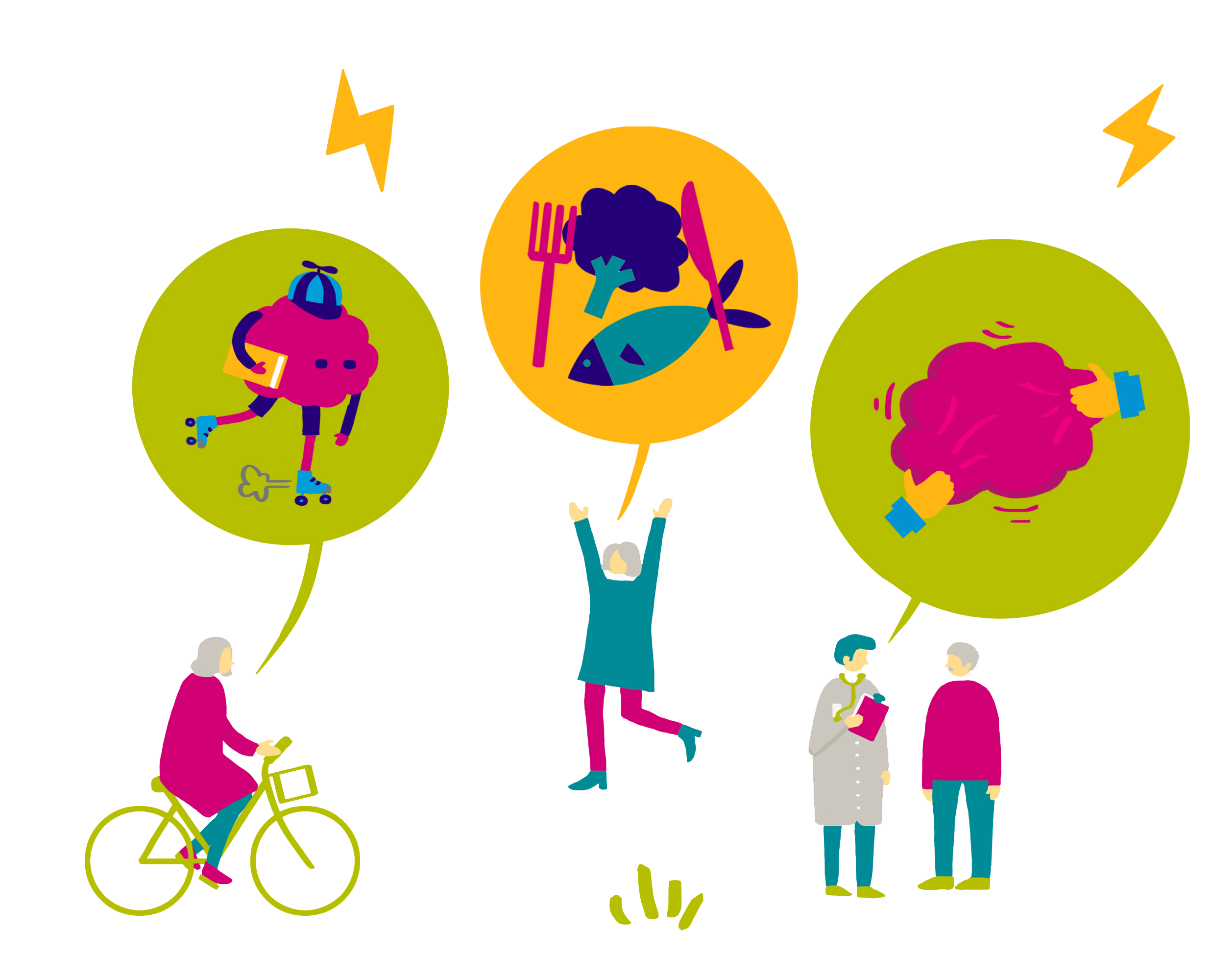Severity: Warning
Message: session_start(): Failed to initialize storage module: user (path: /var/www/session)
Filename: Session/Session.php
Line Number: 143

As we get older we can get set in our ways. Life can get easier, as we may spend much of the day cruising on autopilot, falling back on skills and abilities we learned early in life. But scientists say resting on our laurels and not challenging our brains is not a good option. We no longer skip over high mental hurdles that keep our brains fit. We start to avoid challenges, surprises and problems. We even pave our world so that our every footfall is certain and we walk unthinking.
US brain scientist Dr Michael Merzenich gives this example and says we are missing out on millions of such little practice moments every year and we are not paying attention to details anymore. In the natural environment, each step you take is uncertain and leads to you to slip or miss your step and then –hopefully – rebalance to right yourself. We may not be able to describe details of the street we live on, because the brain has clamped down on learning – it can be hard work. Ultimately the idea is that switching autopilot to “on” will leave your mind less able to adjust to life’s stumbles. But the good news is that it is never too late to switch off autopilot because our brains are incredibly speedy when put to the test.
Scientists were stunned when they realised how rapidly brains react to new stimulation. They studied rat brains, but the results might apply to our brains too. The lab rats had their whiskers trimmed to deprive them of normal sensory information. The brain cables which normally transmit senses from whiskers to brain, unused, quickly began to fray. The scientists were not finished with their whiskerless rats though. They placed them in an enriched environment where they were entertained with new sensory stimulation. The rats reacted and brain connections resprouted and grew. What shocked the scientists was that this growth happened within just three days, something nobody thought possible. 
Share this page: